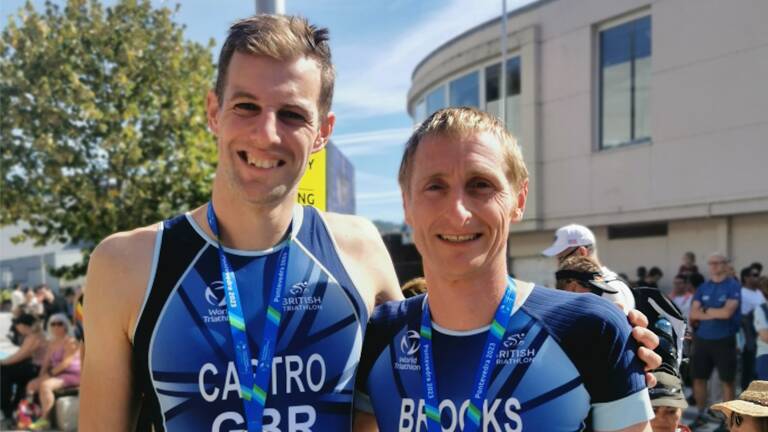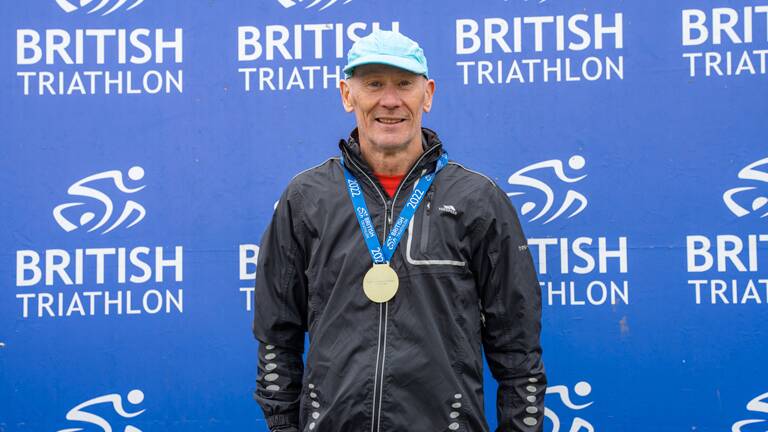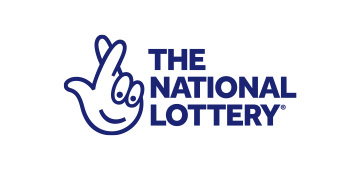This week we speak to athletes and coaches about mental wellbeing in sport.
Time to Change launched the “Ask Twice” initiative that encourages people to check on the wellbeing of others around them. Around 1 in 4 people will experience a mental health problem this year, the campaign invites people to break down the stigma of mental health issues by initiating more emotionally honest conversations. The next time you ask someone if they are ok, ask twice.
We spoke to the gold medallist from the 2019 Accenture ITU World Triathlon Series Nottingham, Sophie Coldwell, Paratriathlon head coach Jonathon Riall, and bronze medallist from the Tokyo 2020 test event, George Peasgood about how to handle the pressures of sport, dealing with setbacks and who they talk to when they need emotional support.
Sport is proven to be a fantastic way to improve general wellbeing. A study by the Mental Health Foundation highlights the positive impact that physical exercise can have. It is recommended that each person should do at least 20 minutes of physical activity per day, yet just under half of the population fail to meet this criterion. A more active lifestyle has been attributed to developing self-confidence as well as allowing for better sleep and an overall healthier lifestyle.
One of the leading causes of mental health issues is stress, particularly stress in relation to certain pressures to succeed. The world of sport can be a high-pressure environment and even the most elite athletes can suffer from mental health problems, therefore the ways in which athletes and coaches care for their mental wellbeing are paramount.
60% of people with a mental health problem waited over a year to tell people close to them. The stigma associated with mental health problems can be broken down by conversations that promote good mental health and wellbeing.
Who do you talk to?
If you or anyone you know are in need of any support, please follow the links provided or contact your GP:
MENTAL HEALTH SUPPORT SERVICES MENTAL HEALTH FOUNDATION CONTACT A SAMARITAN MIND


















